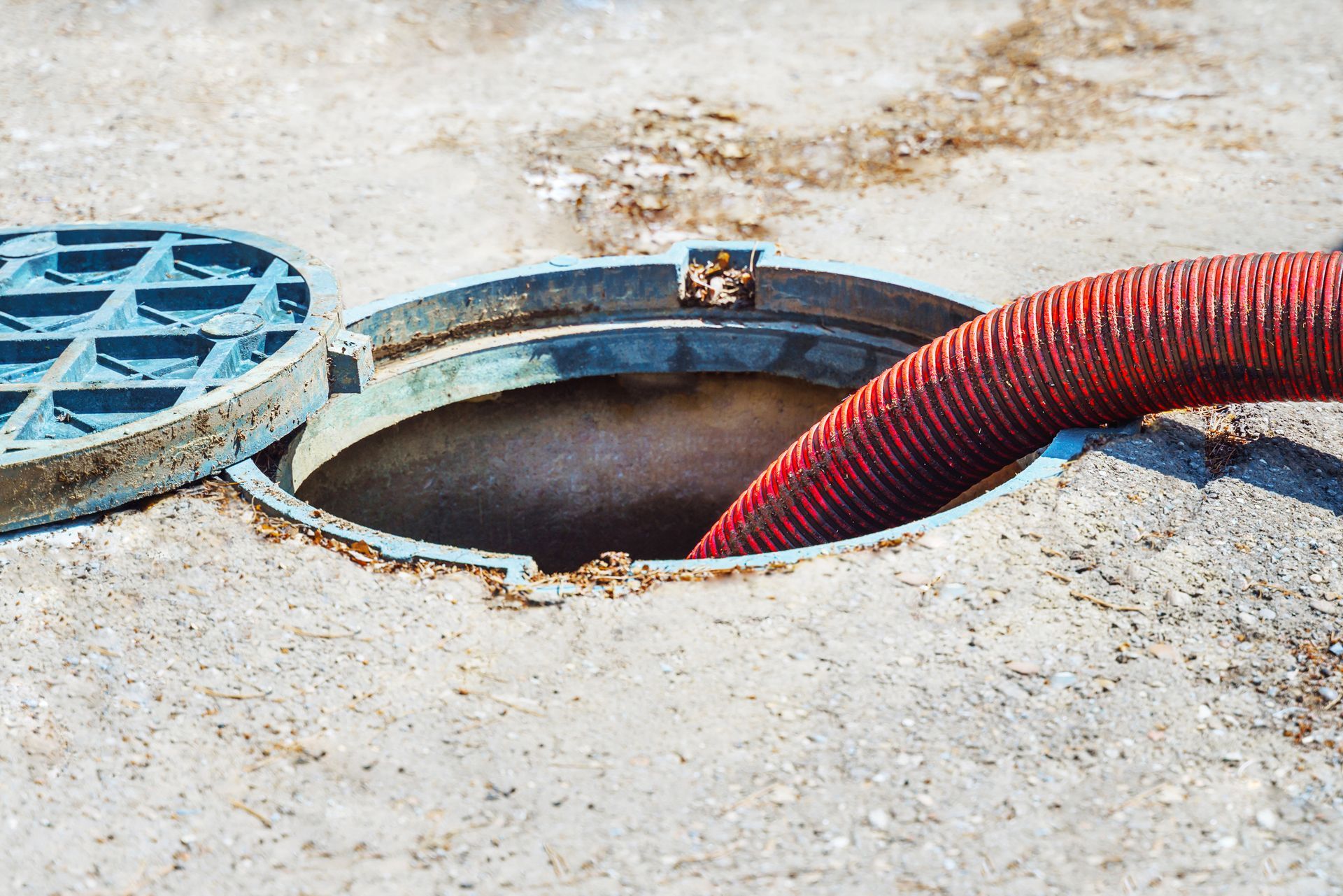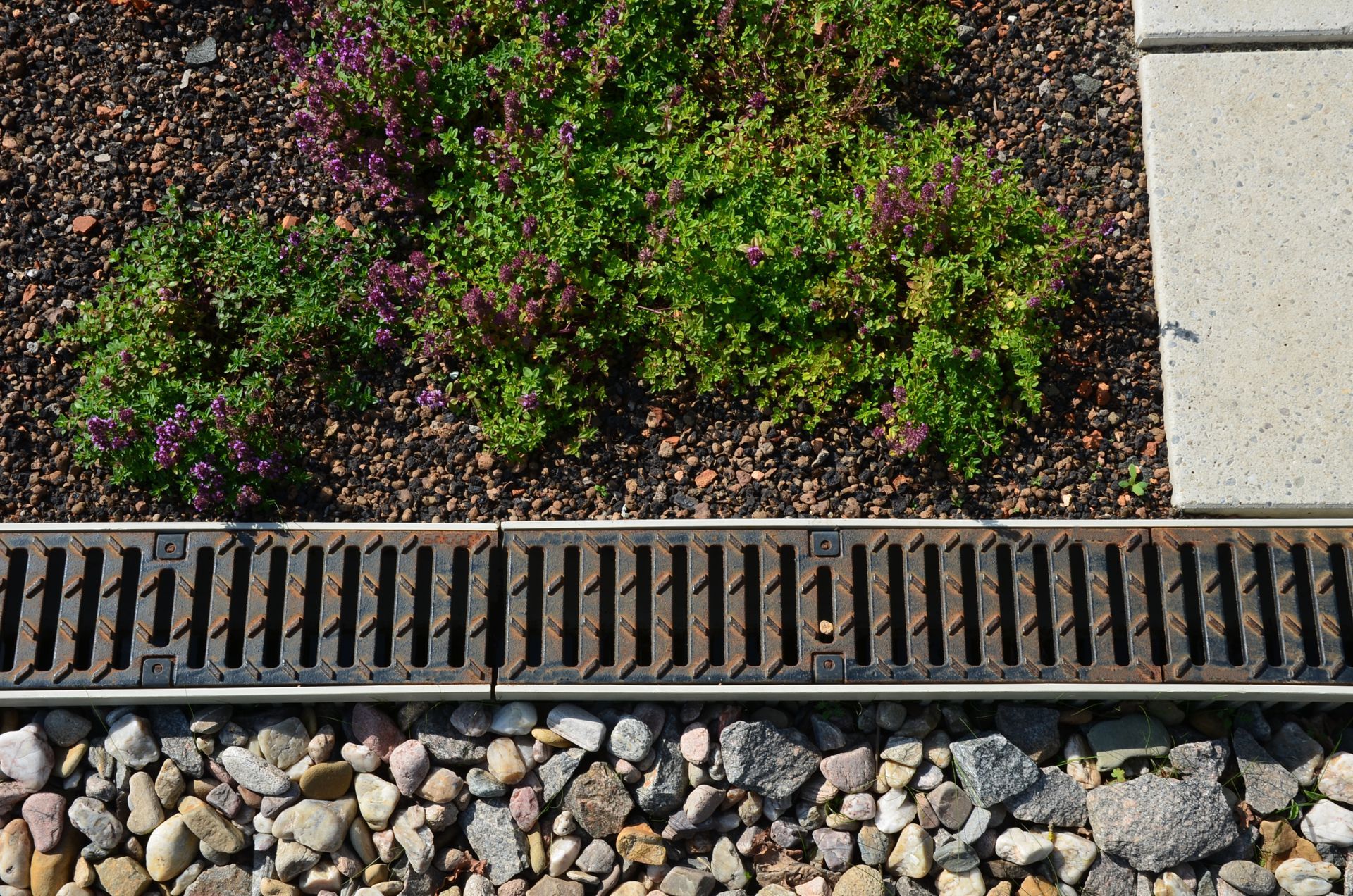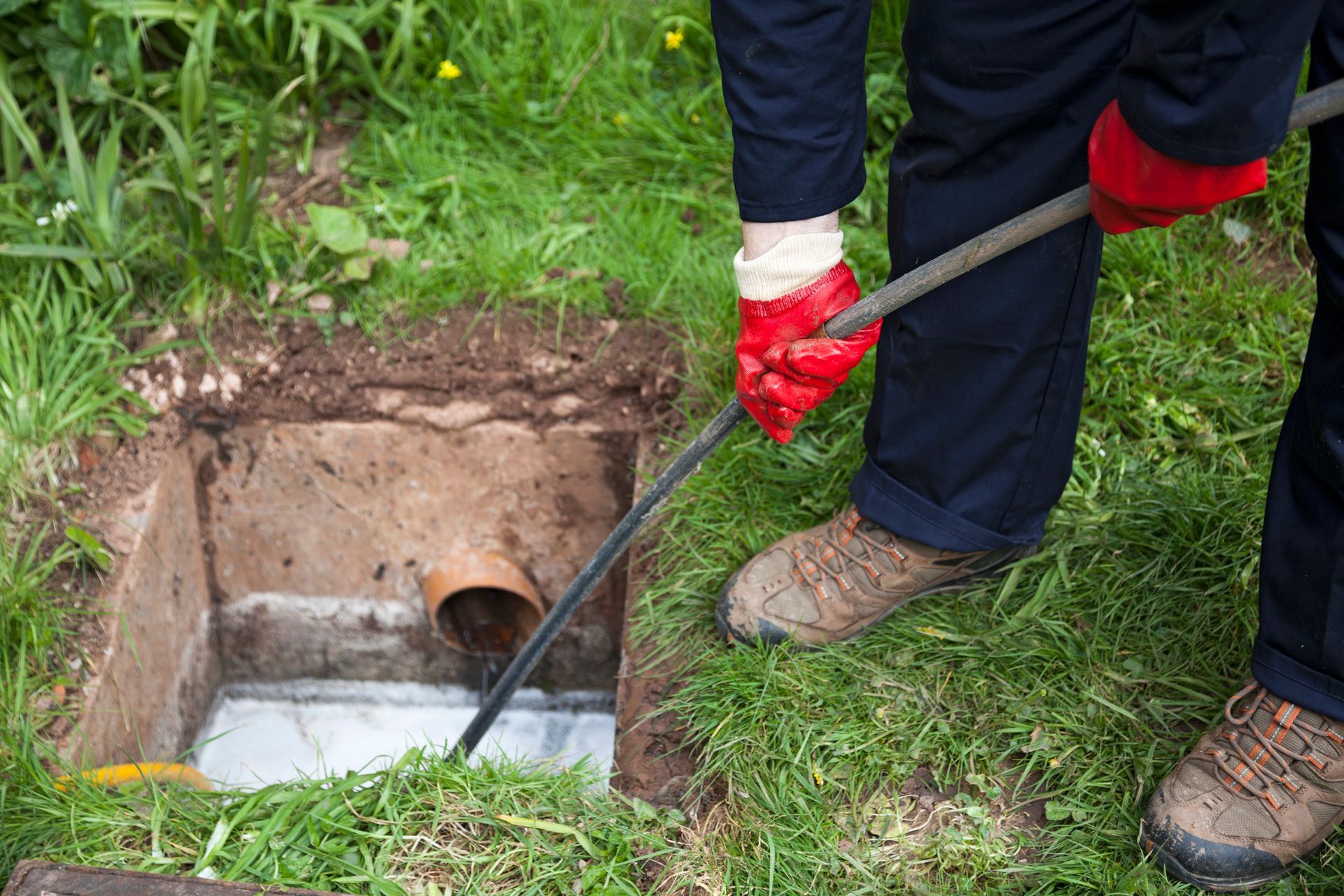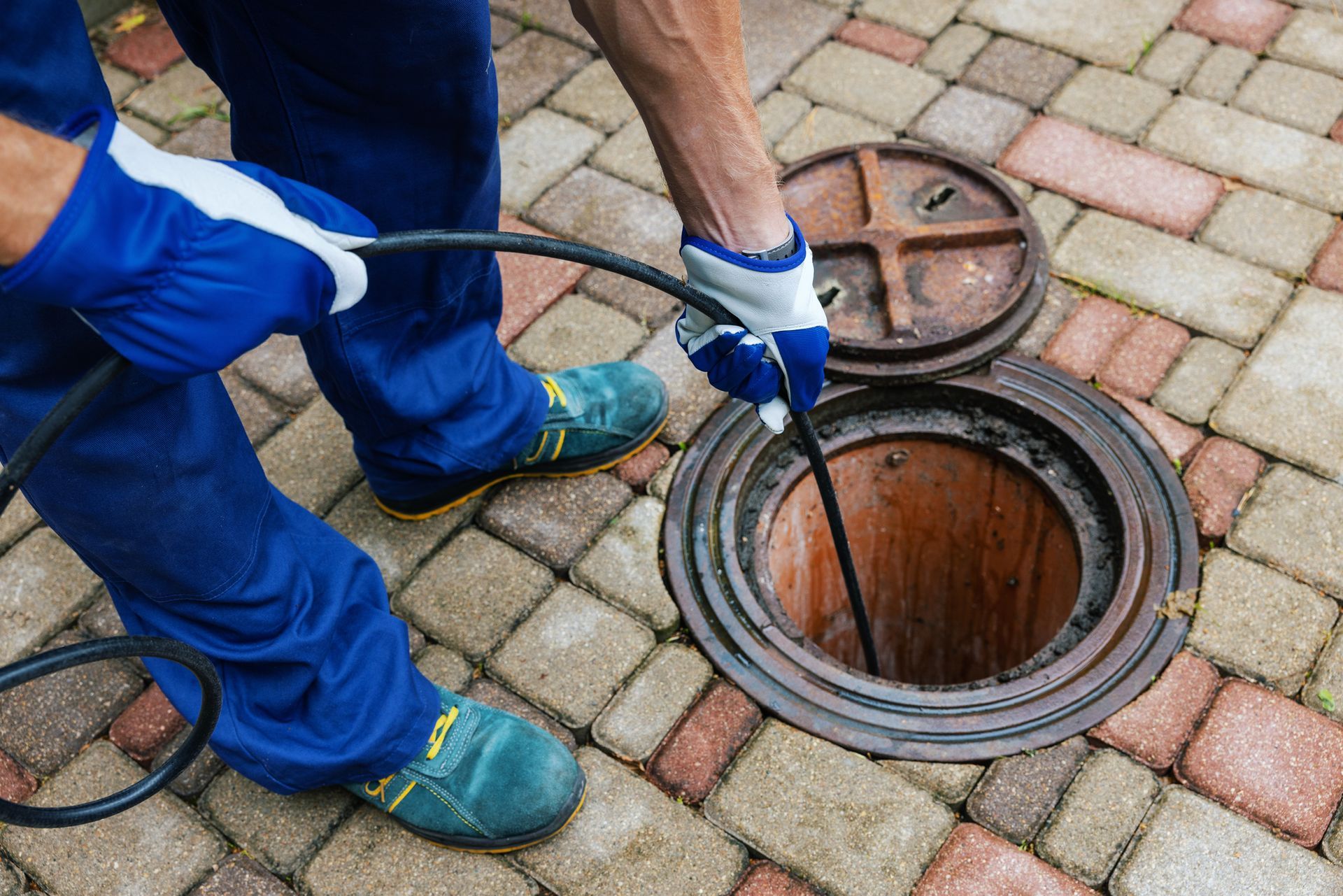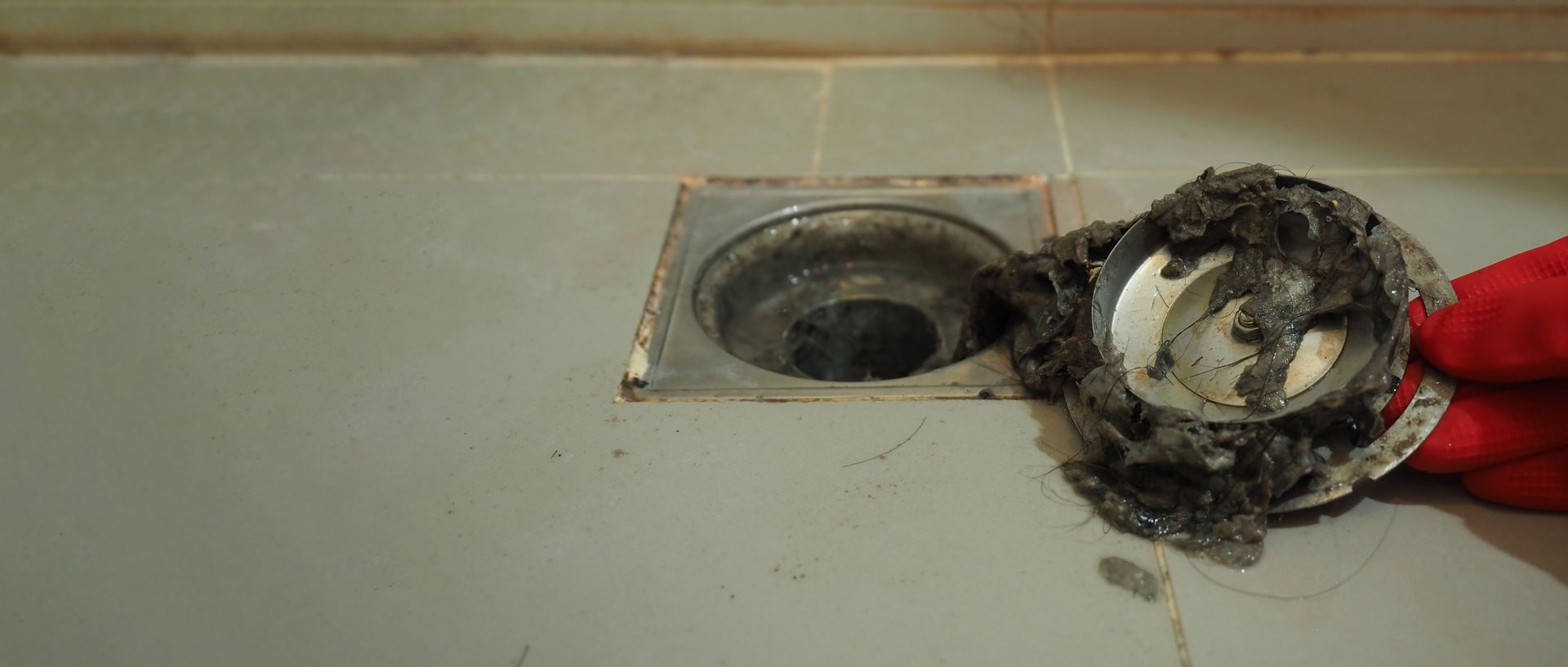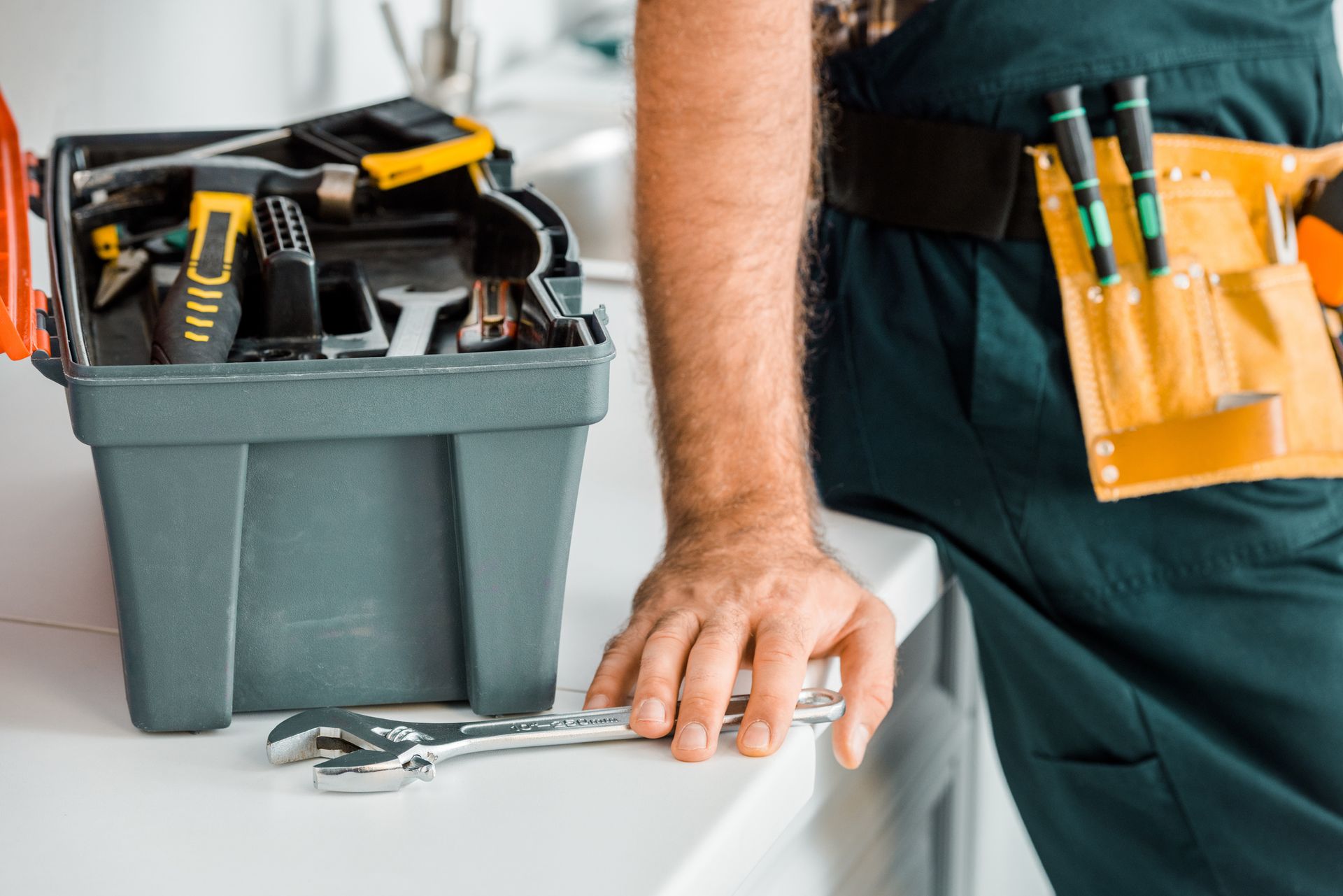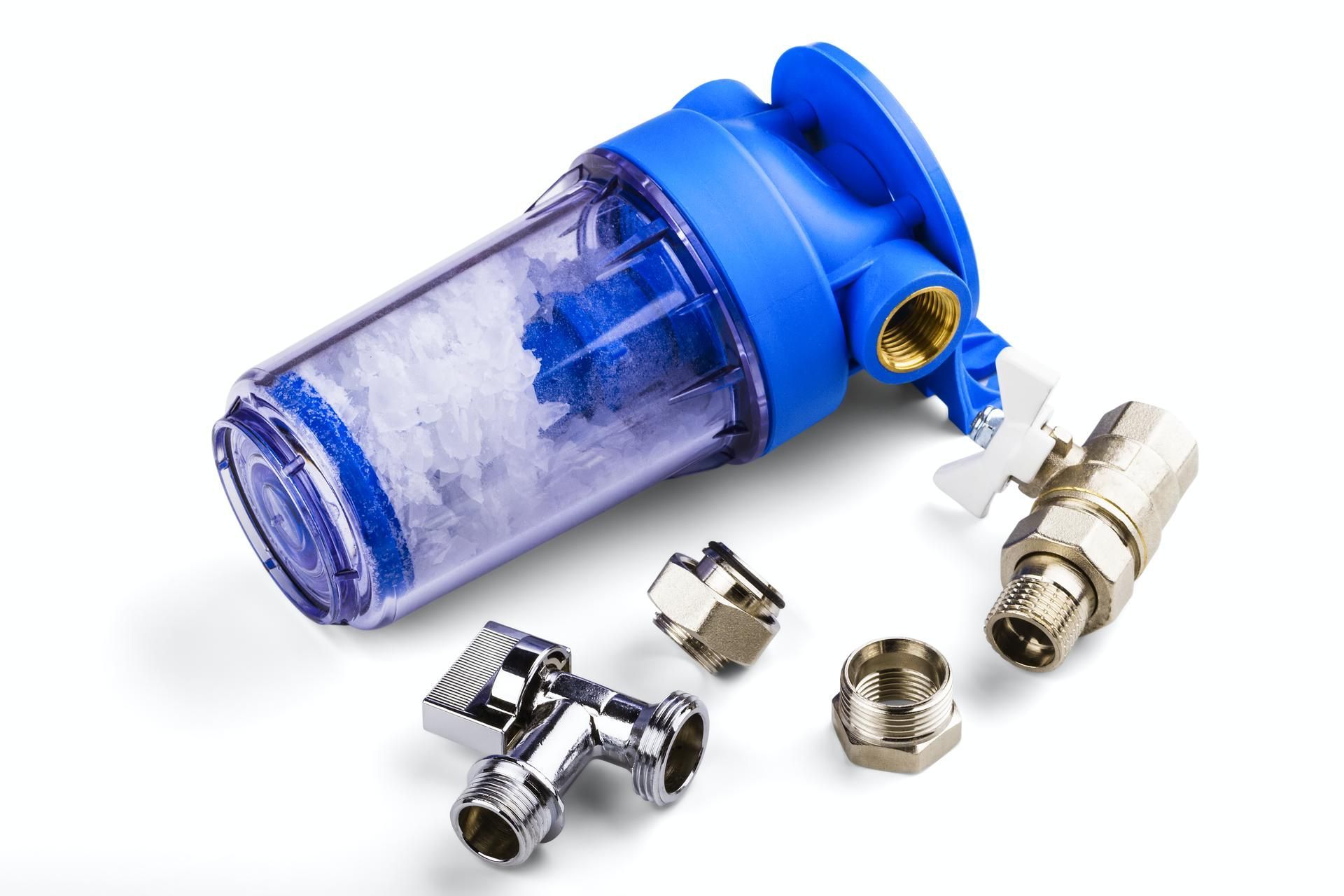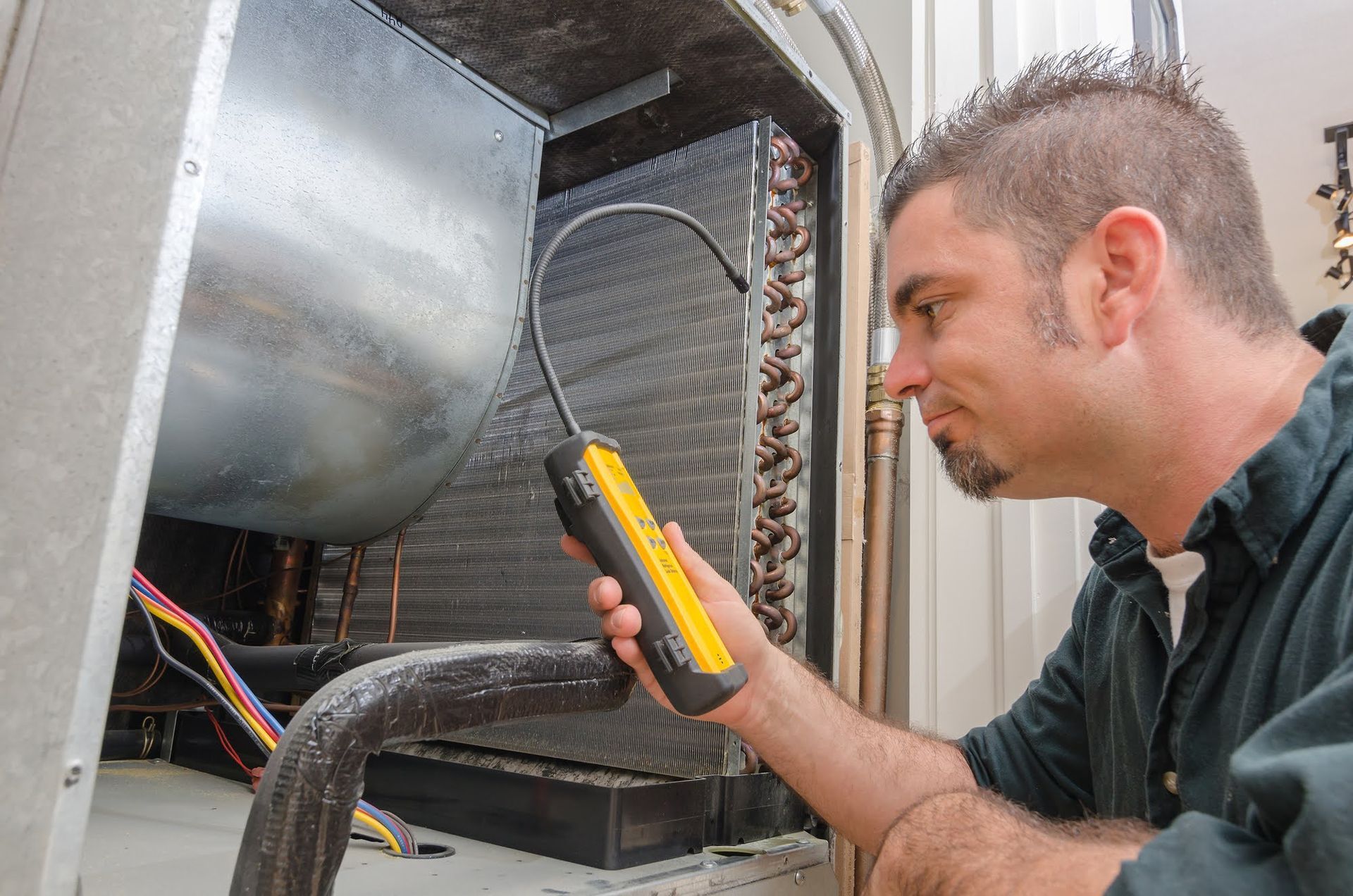5 Measures to Improve HVAC Efficiency

Homeowners often look forward to spending time at home after a busy day. Therefore, an optimally heated and cooled home creates a comfortable environment. Installing a heating, ventilation, and air conditioning (HVAC) system gives homeowners control of their internal environment.
An HVAC system is one of residential homes' most energy-hungry appliances. Thus, efficiency is critical to control power usage and prolong the lifespan of HVAC components. Unfortunately, homeowners are less likely to achieve efficacy with limited knowledge regarding HVAC optimization. Learn practical measures to improve the efficiency of an HVAC system.
1. Make Your Home Airtight
Air leakage leads to indoor temperature fluctuations and affects HVAC performance. Therefore, an HVAC appliance works harder to maintain ideal indoor conditions, which hurts overall efficiency. Consequently, an HVAC system consumes more energy and increases your energy bill. Typically, air leakages arise from poor insulation and worn window and door seals.
Inspect your home for obvious leak points, especially in the attic and window and door seals. Insulation and seal upgrades can help improve your home's airtightness. However, hire an HVAC contractor to establish less obvious air leakage points since an airtight home enhances HVAC system efficiency and reduces energy costs.
2. Treat the Windows
A room that faces the sun gets hotter as the day progresses. The gradual rise in indoor temperature overworks a cooling system. While open windows allow fresh air, they expose a room to direct sunlight and heat. Window treatments are excellent for keeping indoor spaces comfortable and improving HVAC efficiency.
Curtains block direct sunlight from a room and protect the space from temperature increases. A cool environment allows heating and cooling appliances to work optimally. Alternatively, opt for screens for more natural light without heat. HVAC efficiency will improve whichever window treatment you choose.
3. Minimize Heat and Cold Sources
Depending on the season, homes with several hot and cold zones experience reduced HVAC efficiency. For example, ovens, dryers, and incandescent lights increase the indoor temperature on hot days since they produce heat. Similarly, an open refrigerator is a source of cold air and lowers room temperature on cold days. Therefore, install home appliances strategically to minimize heat and cold sources.
Few heat or cold sources result in uniform indoor temperatures. Therefore, an HVAC system does not struggle to maintain optimal temperatures. Alternatively, replace standard appliances with ENERGY STAR-rated devices since they generate less waste heat.
4. Use Ceiling Fans
A ceiling fan seems pointless if you have an HVAC unit. However, run both systems to improve HVAC efficiency and lower energy costs. A ceiling fan helps distribute warm and cool air further across a room, reducing the workload of an HVAC system. Ensure that a fan runs in the same direction as the airflow from an HVAC component for best results.
A ceiling fan enhances HVAC efficiency since the blades push cold air down, which cools a room and eliminates the need to ramp up an air conditioning unit. Therefore, install both systems to control energy costs.
5. Implement Regular Maintenance
A residential HVAC system can last 12–15 years. However, efficiency and longevity reduce significantly with poor maintenance. Thus, proactive service is essential for optimum performance. Hire an HVAC technician for the job instead of going the DIY route.
Regular maintenance is not substitutable for HVAC efficiency. A typical service routine involves a thorough cleaning of critical parts. Additionally, a specialist inspects components for potential issues before they malfunction. An annual service is adequate to maintain an HVAC system's efficiency and durability
An efficient HVAC system consumes less energy and lasts longer. Contact us for HVAC optimization and scheduled maintenance.

